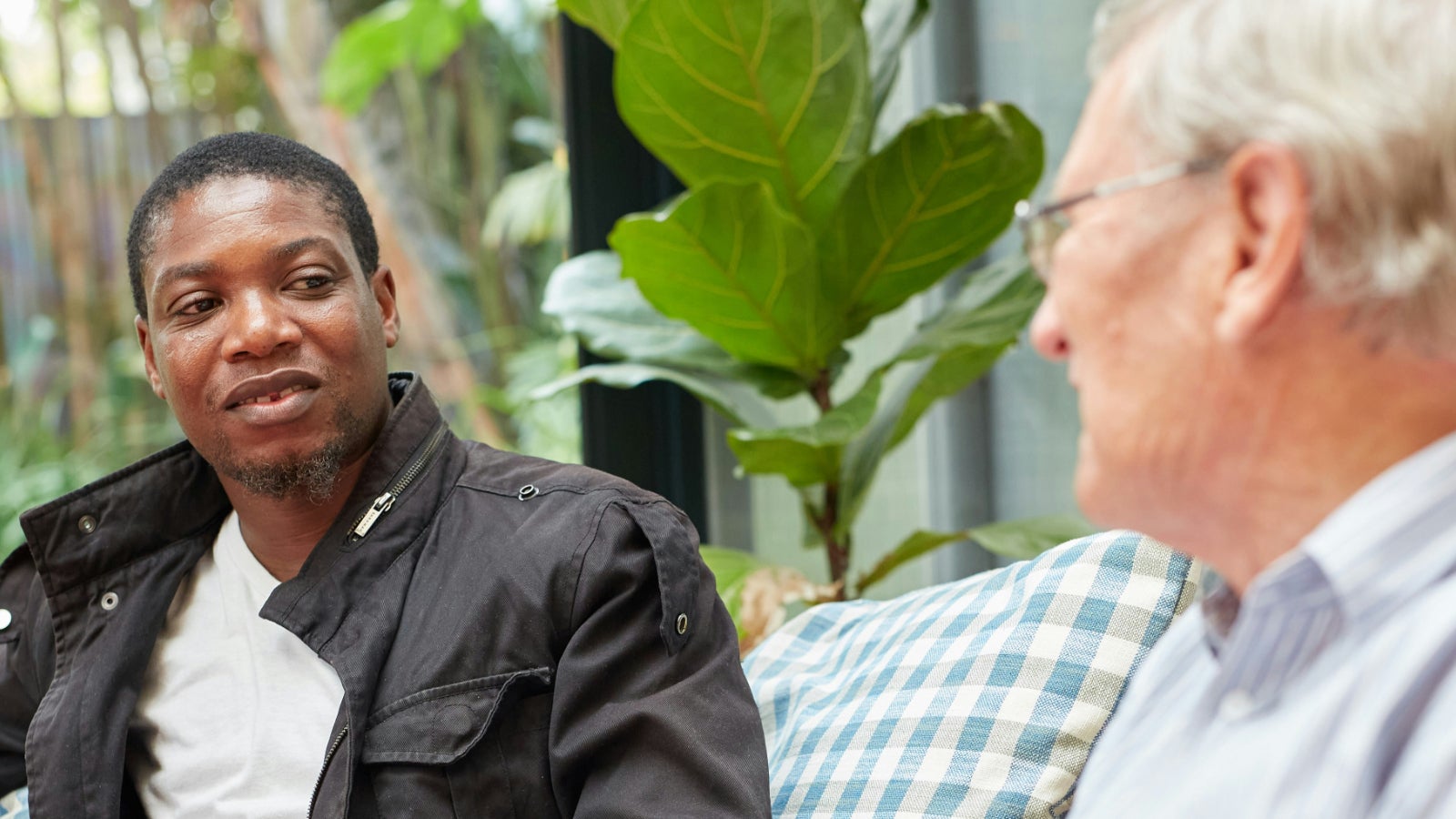
Ever had a conversation that goes a little something like this?
Your conversation partner: “Have you been promoted recently?”
You: “What? No? You know I’m self employ–”
Your conversation partner: “I actually got promoted last week. I’ve become the vice-deputy manager-chair god-king of…” etc., etc..
If so, I’m afraid you’ve been the victim of a “boomerask,” a portmanteau of “boomerang” and “ask.”
The term refers to questions that only really exist to give the askers room to talk about themselves.
Advertisement
The self-serving purpose hides under the guise of enquiring about the other person, which askers think leaves a good impression, a paper published in the Journal of Experimental Psychology: General says.
It does not actually work, though; the research found most people know when the move’s being pulled.
So, we spoke to etiquette expert Jo Hayes, founder of Etiquette Expert, and psychiatric mental health provider Dr Zian Omene from MyShilohHealth, about how to actually handle questions in conversation.
Advertisement
“Boomerasking” can make you lose friends fast
“The research shows that boomerasking… can make people feel ignored and less fond of you,” Dr Omene told us.
It allows people to “hijack [an] answer to talk about yourself”; if you’ve got a story, she advised, “share it later, straight-up, like, ‘Oh, I tried that once too!’”.
The study bears this advice out. It found that people prefer a straightforward brag to a roundabout “boomerask.”
Advertisement
“It’s about keeping it real and letting them shine,” Dr Omene added. “People love feeling understood, not upstaged.”
“People with good/healthy social skills know that the way to strike up a good conversation, and develop healthy relationships, is to show genuine interest in the other person,” Hayes agreed.
“Boomerasking involves asking such a question – but then answering it yourself. It’s a faux conversational skill, because it starts off right, but then quickly plummets into antisocial behaviour.”
Advertisement
So, how should we ask questions?
“To ask questions that make others feel included, appreciated, and genuinely heard, I’d go with open-ended ones like, ‘What’s been the best part of your day?” instead of a flat ‘How’s it going?’”, Dr Omene shared.
“Then, really listen – nod, keep eye contact, and maybe echo back something like, ‘That sounds like a blast, what made it so fun?’”
Hayes’ recommendation is similar: “Simply ask the question, and then let the other person answer.”
“It’s all about focusing on the other, not yourself. The other person feels seen, heard, honoured, respected, valued… and naturally warms to you – the person demonstrating that respect,” she continued.
Advertisement
“And the natural consequence of that is that they’ll be interested in finding more about you and hearing what you have to say – thus giving you ample opportunity to share your own thoughts/opinions.”











